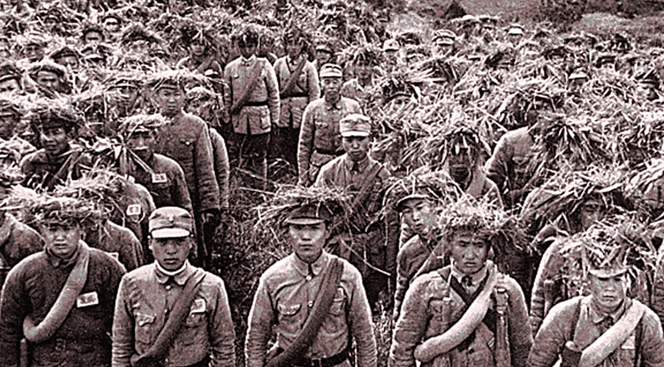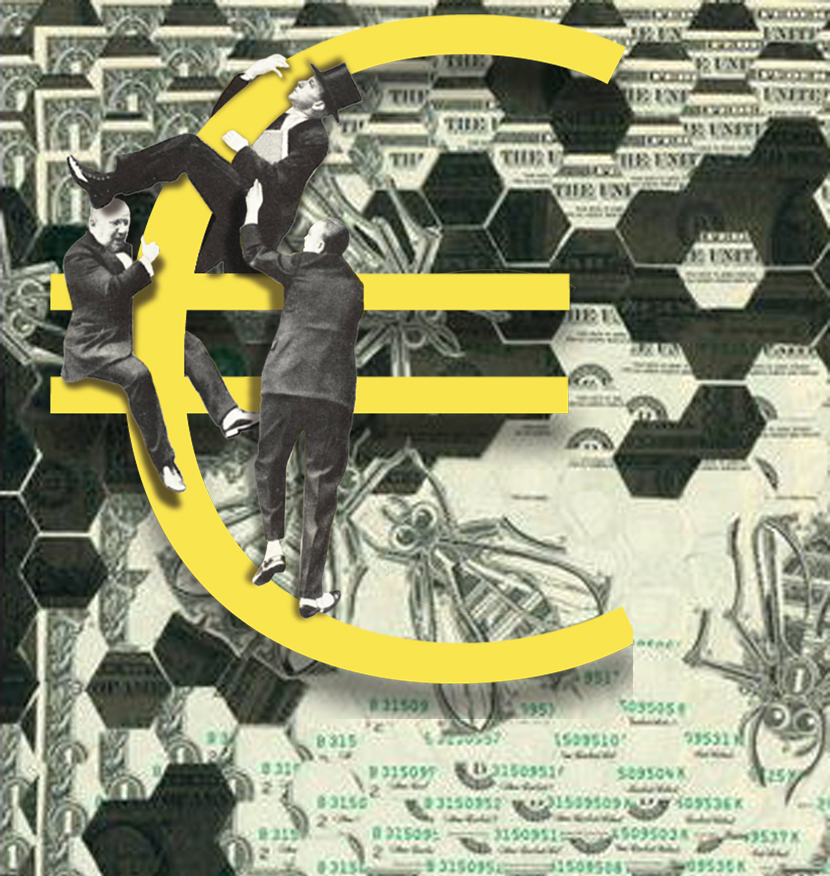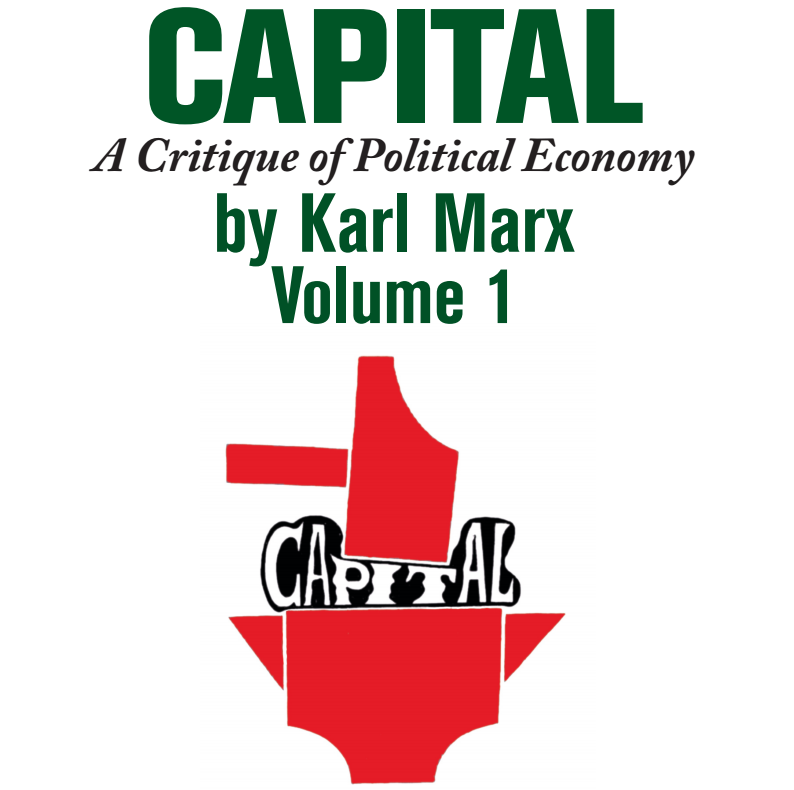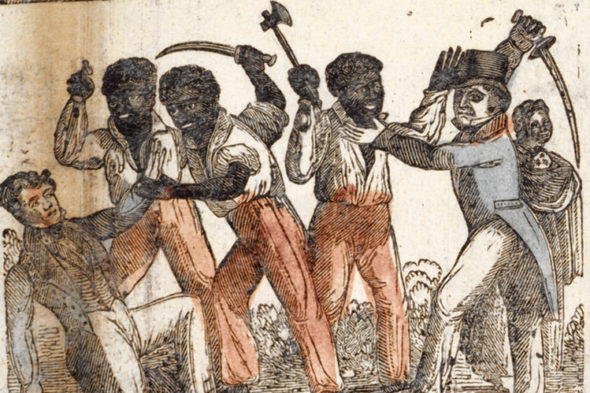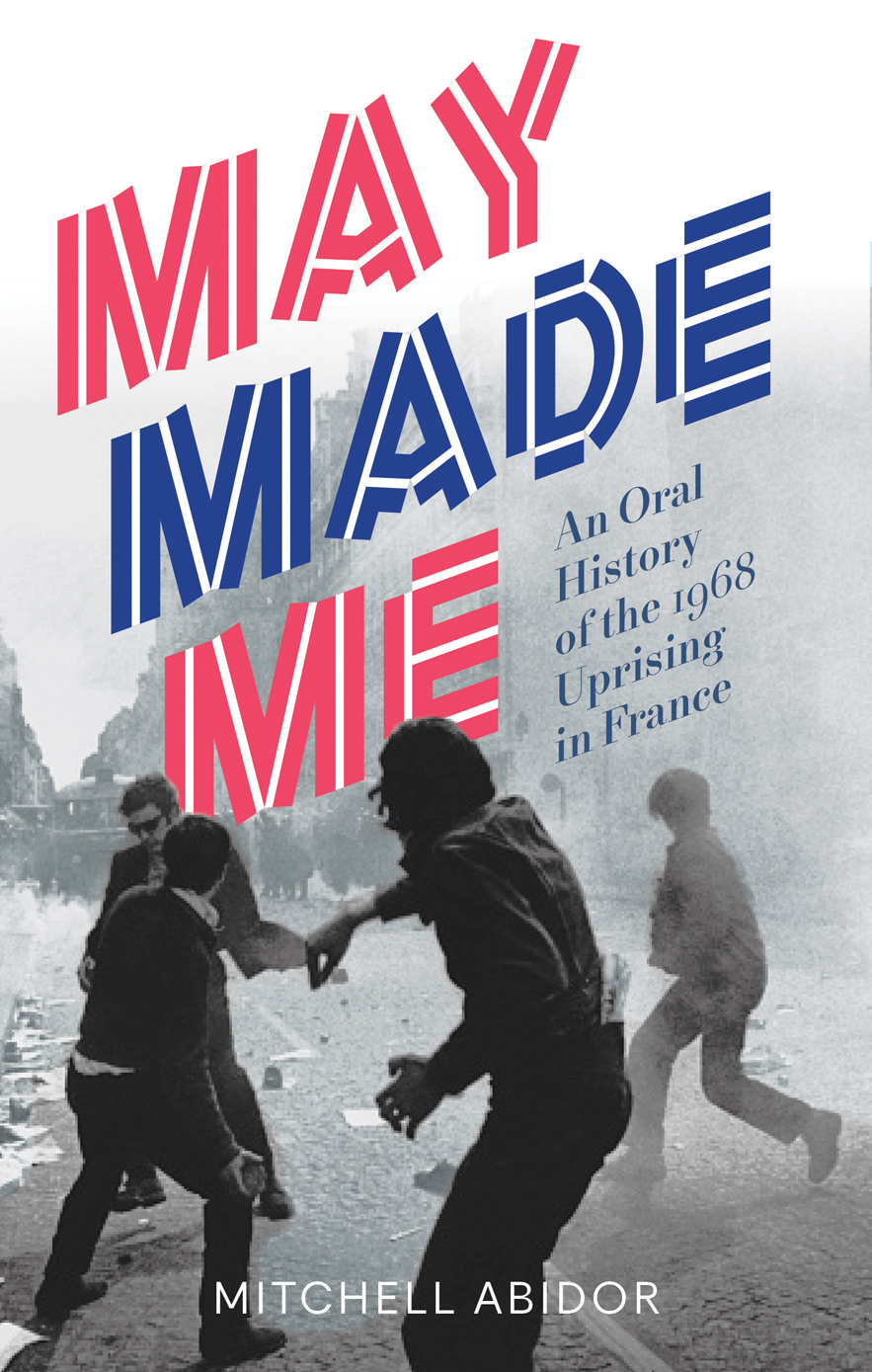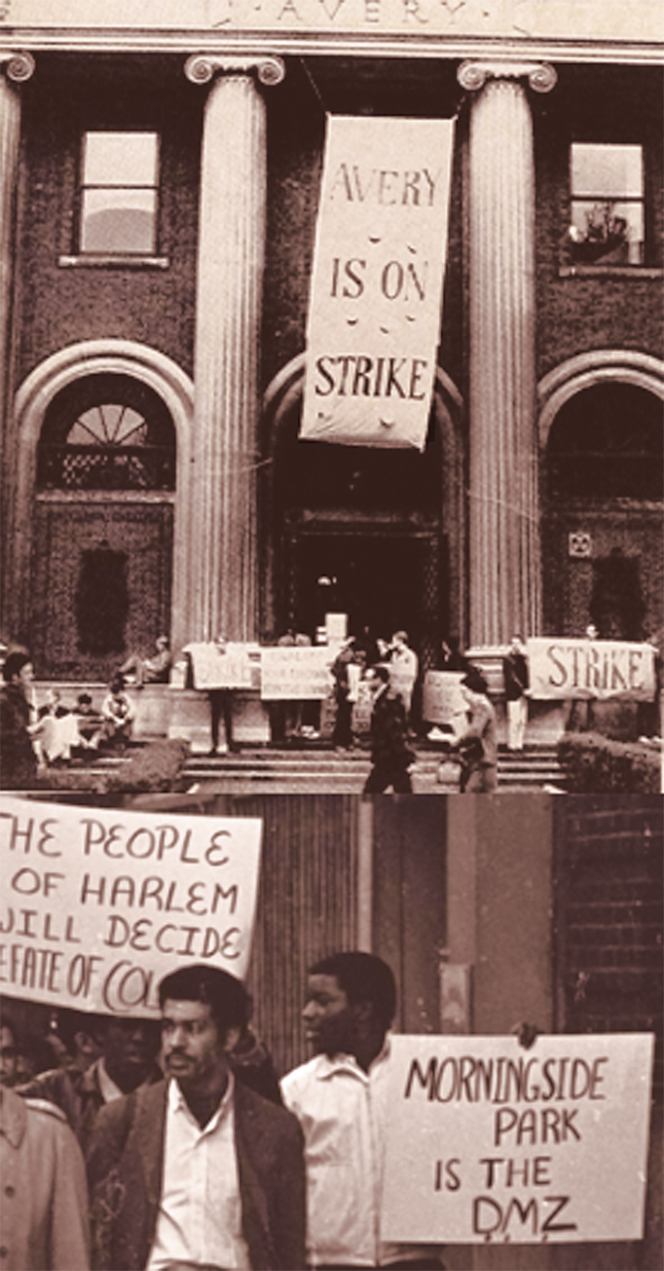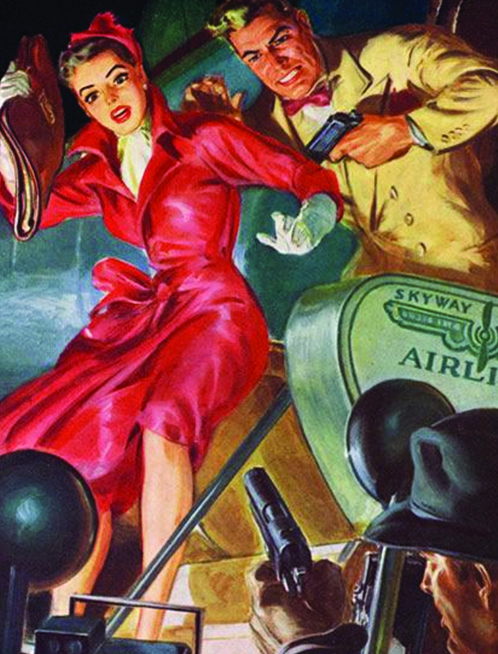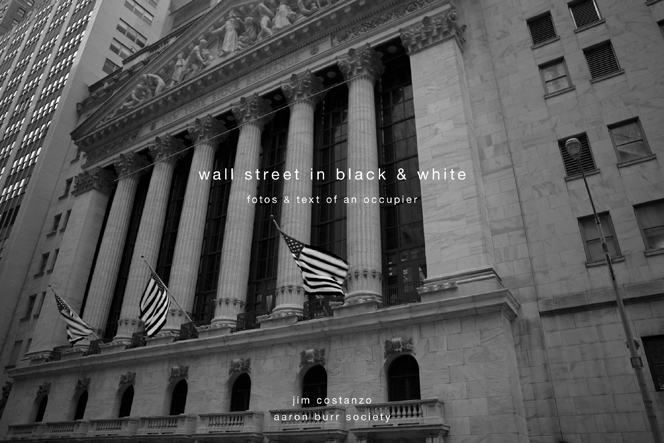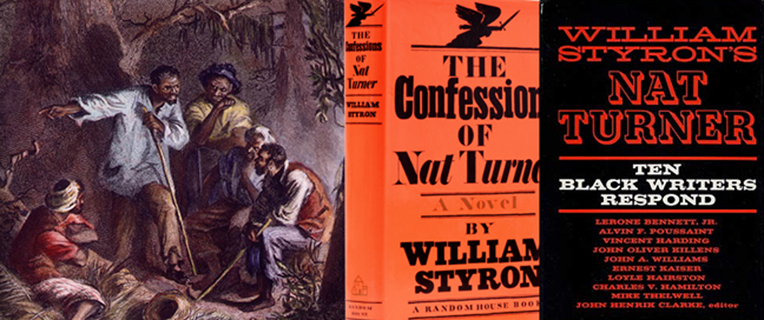The Chinese Revolution: 1930-1949
We begin with the Chinese Revolution in 1930, after the nationalist party led by Chiang Kai Shek turned on the mass movement, slaughtered militant workers and peasants, and declared war on Communists. After the war, the struggle between the armies of Chiang Kai Shek and the Communists resumed, ending with Chiang's fleeing to Taiwan and the final victory of the Communist army in 1949.
The Political Economy of Money and Finance
This reading group will undertake a close reading (over 10 weeks) of Costas Lapavitsas and Makoto Itoh’s book Political Economy of Money and Finance. The book attempts to offer a systematic theoretical examination of money and finance by re-examining the classical foundations of political economy and the creator of money and assessing all of the important theoretical schools since then, including Marxist, Keynesian, post-Keynesian and monetarist thinkers.
Capital: Volume 1
This group will meet each Saturday to discuss Volume One of Capital. There will be a close reading of the text. All questions on each section will be addressed and the reading discussion leaders will be prepared to assist between sessions on areas that may be difficult to understand.
A People’s History of the World
Orchard Street, Newark, NJ classroom Orchard Street, Newark, NJ, United StatesConvened by Branden Rippey Downtown Newark on Orchard Street Using A People’s History of the World by Chris Harman, this course will study the broad trends in the history of ... Read more
May Made Me
New Perspectives Theatre 456-458 West 37th Street, New York, NY, United StatesPublished on the 50th anniversary of those days in the spring of 68, “May Made Me” presents the legacy of the uprising: how those explosive experiences changed the individuals who participated and their lives as lived since then.
Revolutionary Columbia University Struggle of 1968
The Battle for Historical Interpretation with Lessons for Today’s Movement
How the Black Movement in Harlem, Student Afro-American Society and Students for a Democratic Society took on the Columbia ruling class representatives, Mayor Lindsay, The New York Times and the New York Police Department and Won.
The Chinese Revolution: 1930-1949
We begin with the Chinese Revolution in 1930, after the nationalist party led by Chiang Kai Shek turned on the mass movement, slaughtered militant workers and peasants, and declared war on Communists. After the war, the struggle between the armies of Chiang Kai Shek and the Communists resumed, ending with Chiang's fleeing to Taiwan and the final victory of the Communist army in 1949.
The Political Economy of Money and Finance
This reading group will undertake a close reading (over 10 weeks) of Costas Lapavitsas and Makoto Itoh’s book Political Economy of Money and Finance. The book attempts to offer a systematic theoretical examination of money and finance by re-examining the classical foundations of political economy and the creator of money and assessing all of the important theoretical schools since then, including Marxist, Keynesian, post-Keynesian and monetarist thinkers.
Friday Noir: Women and Murder
Genre Fiction: Women and Murder Last Fridays of each Month Jacqueline Cantwell March 30 and April 27 The March 30 author will be Shirley Jackson, notorious for writing The Lottery ... Read more
Capital: Volume 1
This group will meet each Saturday to discuss Volume One of Capital. There will be a close reading of the text. All questions on each section will be addressed and the reading discussion leaders will be prepared to assist between sessions on areas that may be difficult to understand.
Book Peddler’s Walking Tour of Wall Street
Federal Hall (Corner of Wall and Bond) 26 Wall Street, New York, NY, United StatesA benefit for Marxist Education walking through the canyons and alleyways of Wall Street
A People’s History of the World
Orchard Street, Newark, NJ classroom Orchard Street, Newark, NJ, United StatesConvened by Branden Rippey Downtown Newark on Orchard Street Using A People’s History of the World by Chris Harman, this course will study the broad trends in the history of ... Read more
The Chinese Revolution: 1930-1949
We begin with the Chinese Revolution in 1930, after the nationalist party led by Chiang Kai Shek turned on the mass movement, slaughtered militant workers and peasants, and declared war on Communists. After the war, the struggle between the armies of Chiang Kai Shek and the Communists resumed, ending with Chiang's fleeing to Taiwan and the final victory of the Communist army in 1949.
Styron’s Confessions of Nat Turner
In Styron's novel and in the response from 10 African-American writers, numerous questions concerning race, class, the rendering of historical presentation, claims on sectors of our shared history, etc. are raised. We will discuss as many of these questions as possible including having a careful read of James Baldwin’s essay concerning the work and subsequent controversy.
The Political Economy of Money and Finance
This reading group will undertake a close reading (over 10 weeks) of Costas Lapavitsas and Makoto Itoh’s book Political Economy of Money and Finance. The book attempts to offer a systematic theoretical examination of money and finance by re-examining the classical foundations of political economy and the creator of money and assessing all of the important theoretical schools since then, including Marxist, Keynesian, post-Keynesian and monetarist thinkers.

